Please find below contact details
and contact us today!
Certification
- Home
- Certification
Product Certification
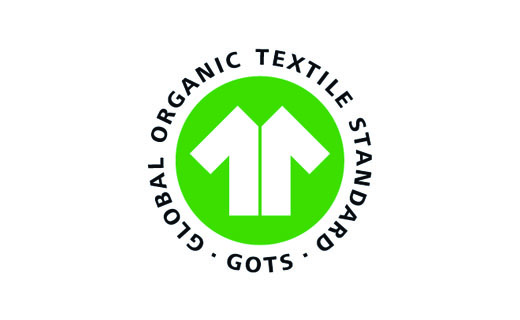
Product Certification
Global Organic Textile Standard (GOTS)
The Global Organic Textile Standard (GOTS) is the worldwide leading textile processing standard for organic fibers through covering social, chemical and environmental requirements in every stage of processing units.
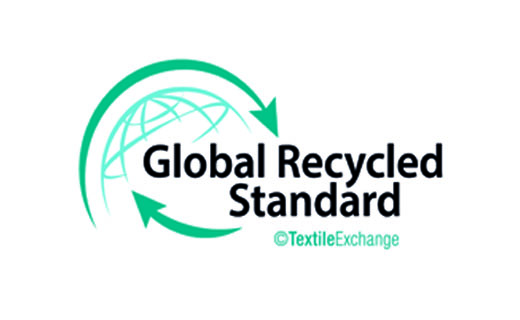
Product Certification
Global Recycle Standard (GRS)
The GRS is an international, voluntary, full product standard that sets out requirements for third-party certification of recycled content, chain of custody, social and environmental practices and chemical restrictions.
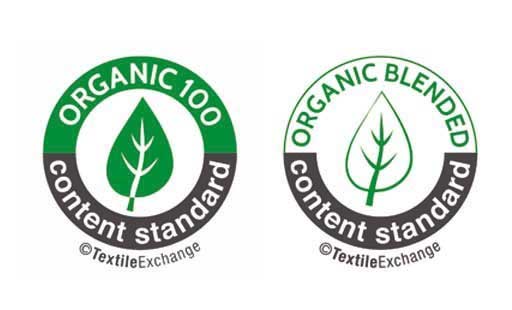
Product Certification
Organic Content Standard (OCS)
The OCS applies to any non-food product containing 5-100 % organic material. It verifies the presence and amount of organic material in a final product.
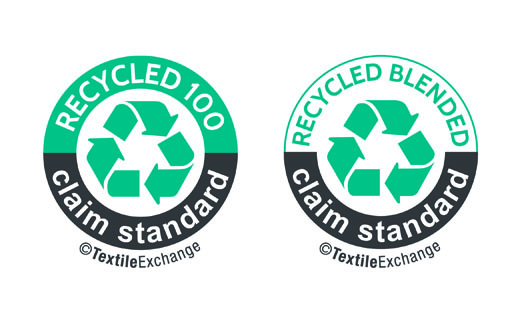
Product Certification
Recycled Claim Standard (RCS)
The Recycled Claim Standard (RCS) is an international, voluntary standard that sets requirements for third-party certification of Recycled input and chain of custody.
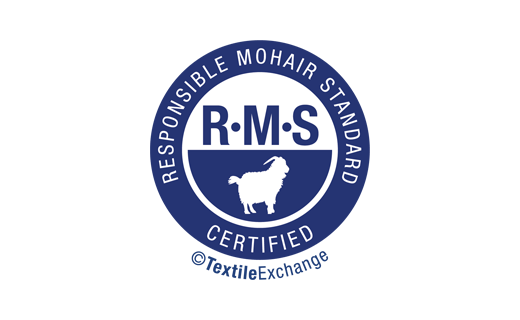
Product Certification
Responsible Mohair Standard (RMS)
The Responsible Mohair Standard is a voluntary standard that addresses the welfare of goats and the land they graze on. The RMS requires all sites to be certified, beginning with the mohair farmers and through to the seller in the final business to business transaction.
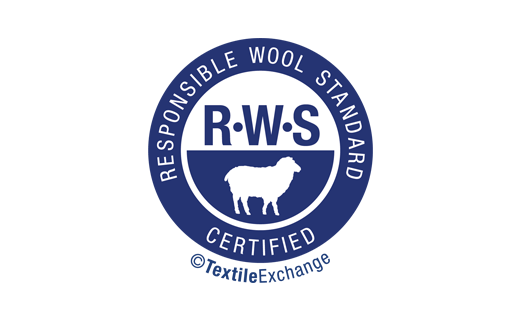
Product Certification
Responsible Wool Standard (RWS)
The Responsible Wool Standard is a voluntary standard that addresses the welfare of sheep and the land they graze on. The RWS requires all sites to be certified, beginning with the wool farmers and through to the seller in the final business to business transaction.
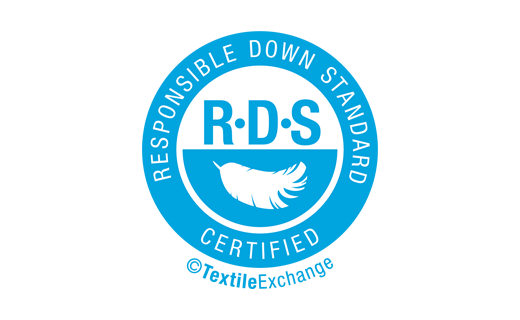
Product Certification
Responsible Down Standard (RDS)
The Responsible Down Standard is an independent, voluntary global standard, which means that companies can choose to certify their products to the RDS, even if there is no legislation requiring them to do so.
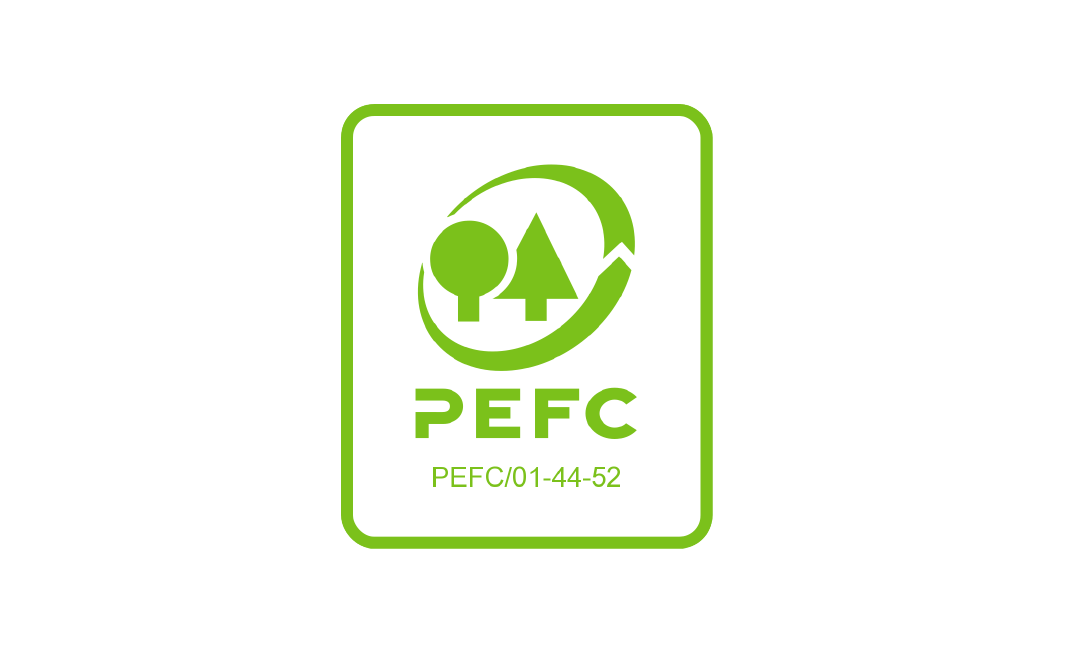
Product Certification
Programme For The Endorsement Of Forest Certification (PEFC)
PEFC, the Programme for the Endorsement of Forest Certification – PEFC, is a leading global alliance of national forest certification systems. As an international non-profit, non-governmental organization, PEFC is dedicated to promoting sustainable forest management through independent third-party certification. GCL is accredited for providing the PEFC Chain of Custody certification.
Management System Certification
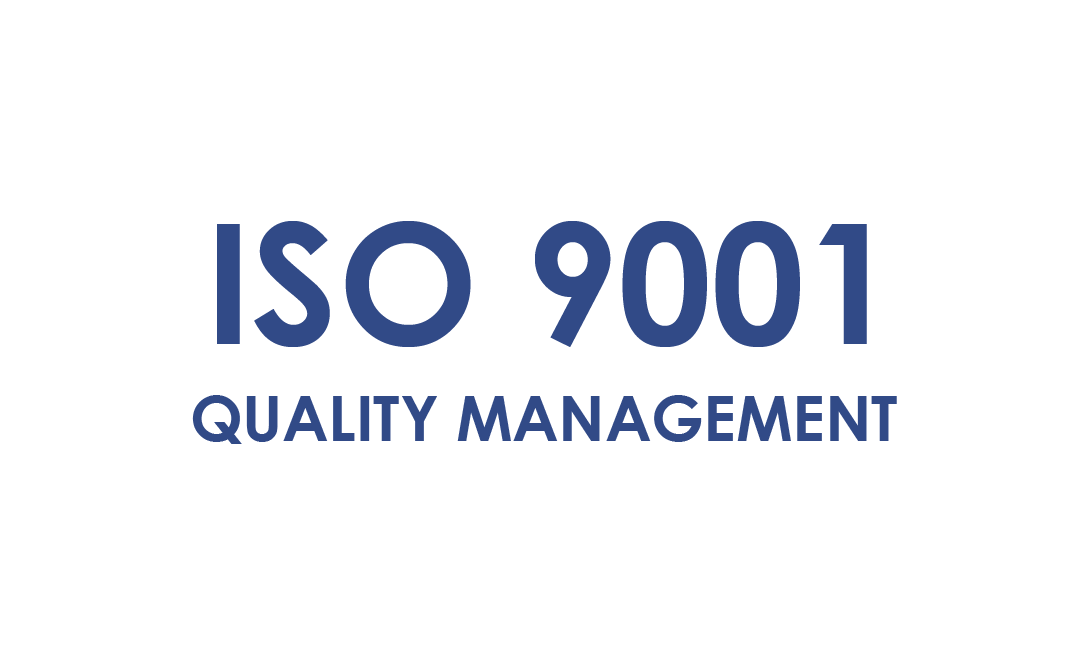
ISO 9001
Quality Management System
ISO 9001 is an internationally recognised standard for the quality management systems. The standard is generic in nature and caters for both the manufacturing and service industries.
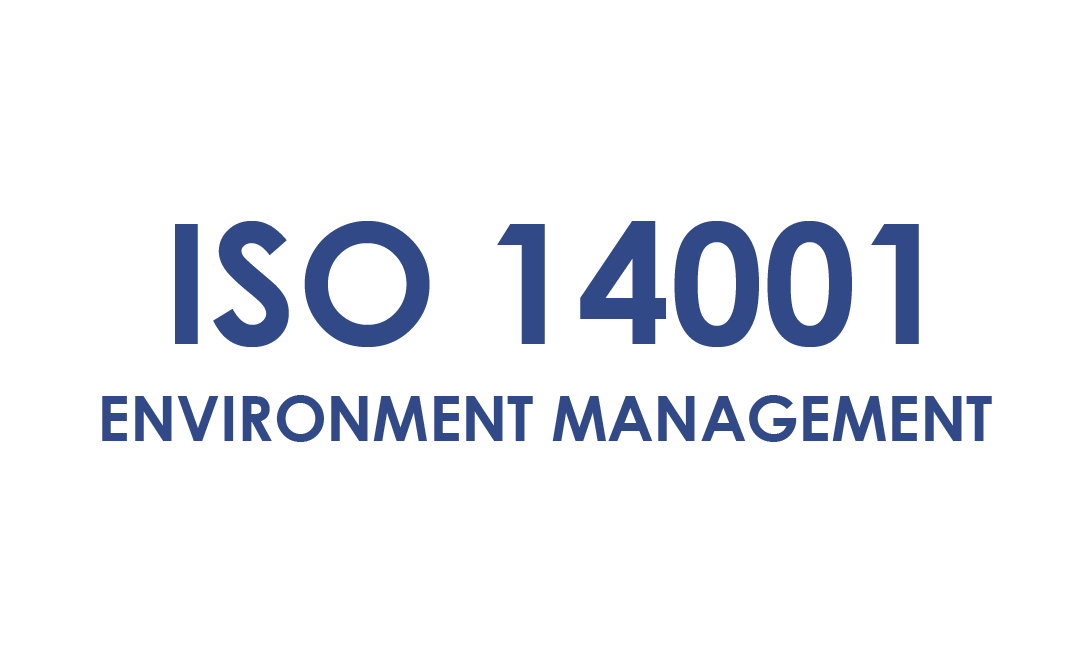
ISO 14001
Environmental Management System
It provides practical tools for companies and organizations looking to identify and control their environmental impact and constantly improve their environmental performance.
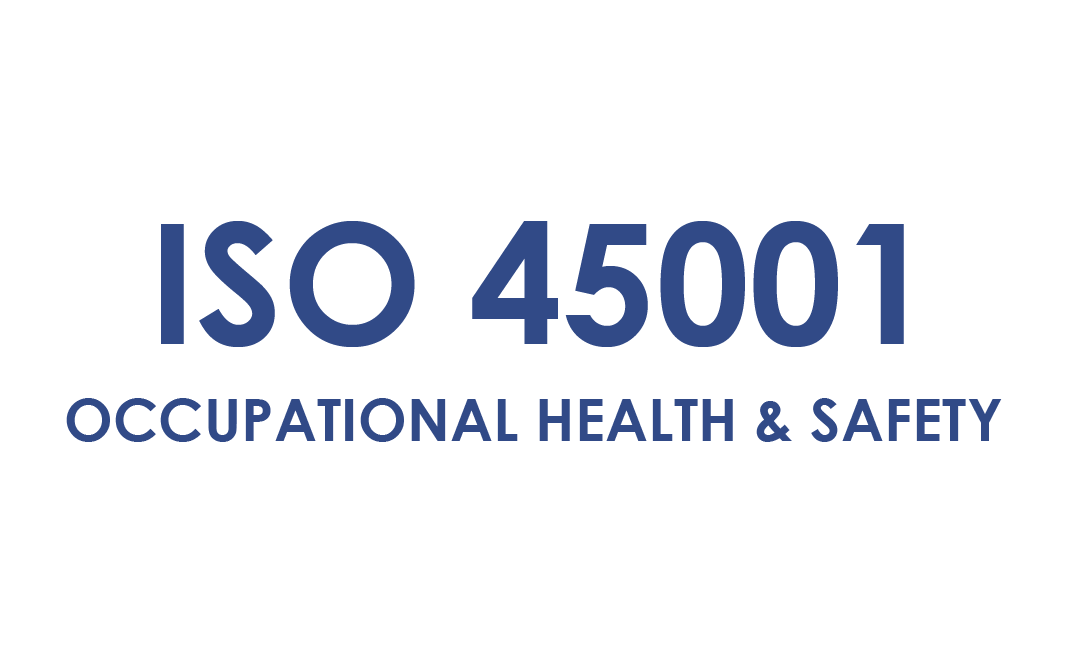
ISO 45001
Health & Safety Management System
ISO 45001 is an internationally recognised standard for occupational health and safety. It exists to help all kinds of organisations put in place demonstrably sound occupational health and safety performance.
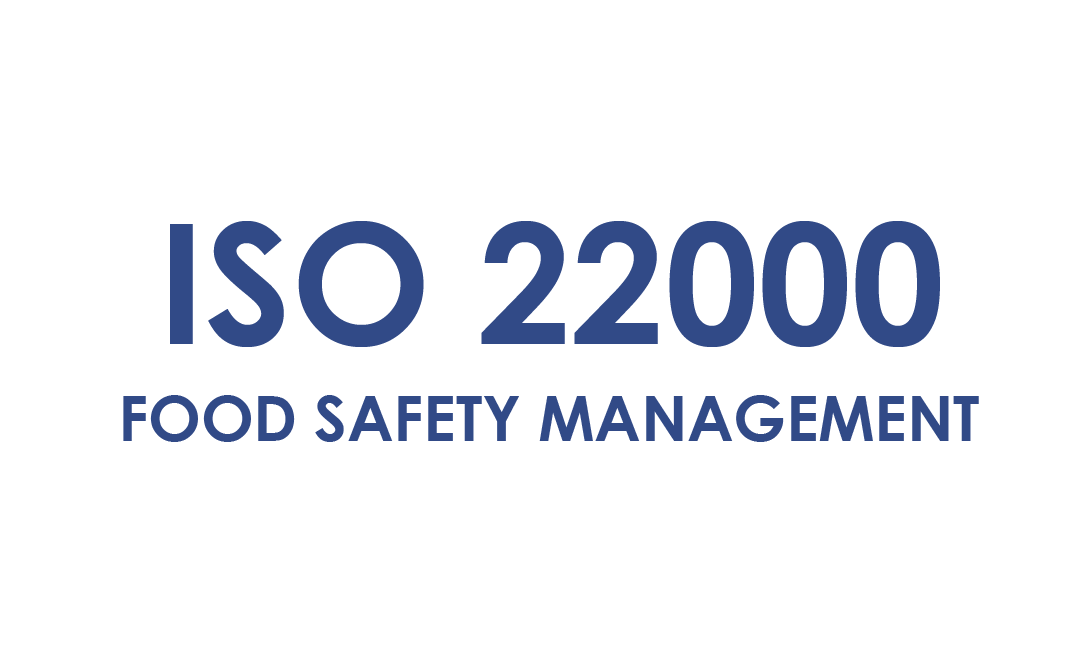
ISO 22000
Food Safety Management System
The ISO 22000 family of International Standards addresses food safety management. The consequences of unsafe food can be serious and ISO’s food safety management standards help organizations identify and control food safety hazards.
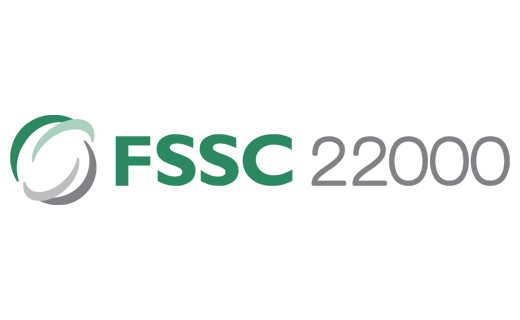
FSSC 22000
Food Safety System Certification System
The ISO 22000 family of International Standards addresses food safety management. The consequences of unsafe food can be serious and ISO’s food safety management standards help organizations identify and control food safety hazards.
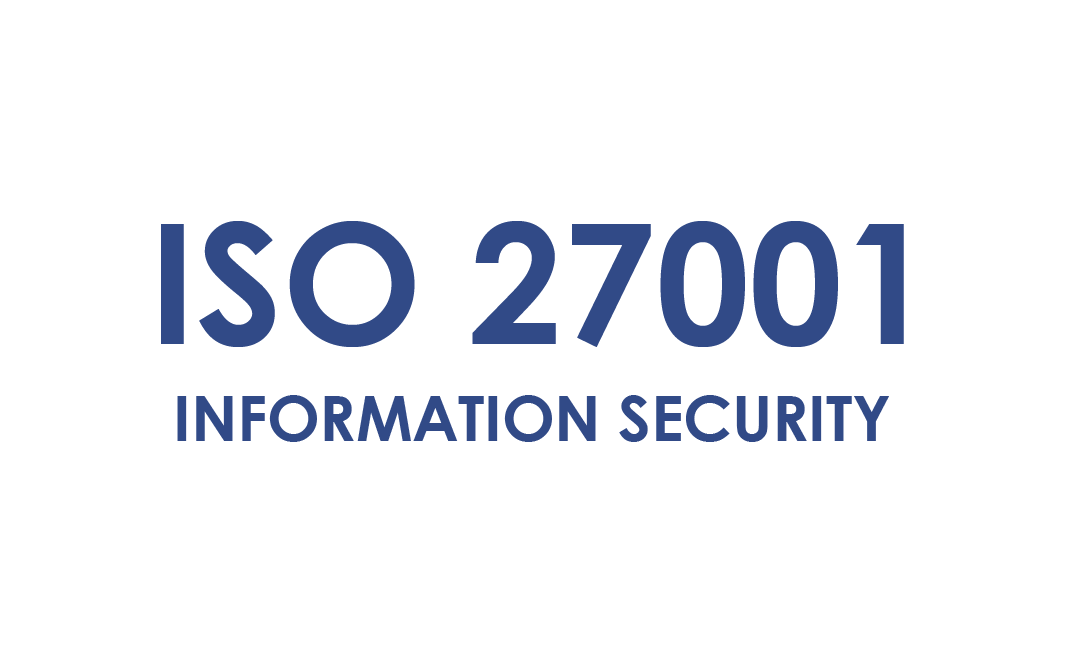
ISO 27001
Information Security Management System
ISO 27001 is a specification for the management of information security. It is applicable to all sectors of industry and not confined to just information held on computers.
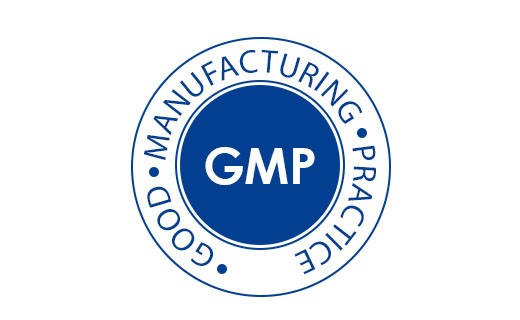
GMP
Good Manufacturing Practice (GMP)
GMP refers to the Good Manufacturing Practice Regulations. GMP certification is granted to manufacturing or service systems of organizations to certify that they engage with good manufacturing practices in their manufacturing or service processes, according to a Standard Code of Practice related to their business.
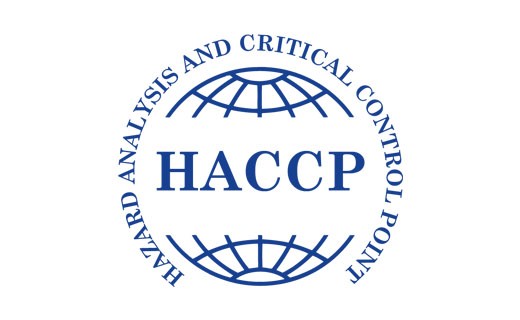
HACCP
Hazard Analysis and Critical Control Points (HACCP)
HACCP is an internationally recognized, science-based, food safety system that is used to help ensure the manufacture of safe food products.
Inspection
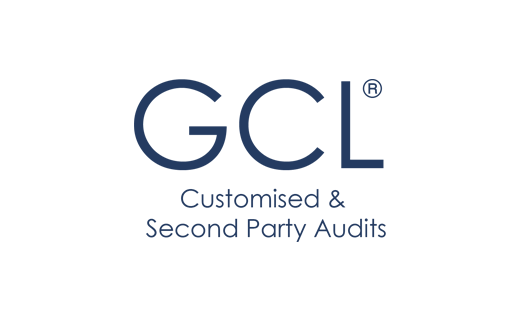
Inspection
Customised & Second Party Audits
GCL is your reliable partner for Customised & Second Party Audits and let GCL to improve the performance and compliance in your supply chain with its specialist, technical experts, Inspectors and auditors.
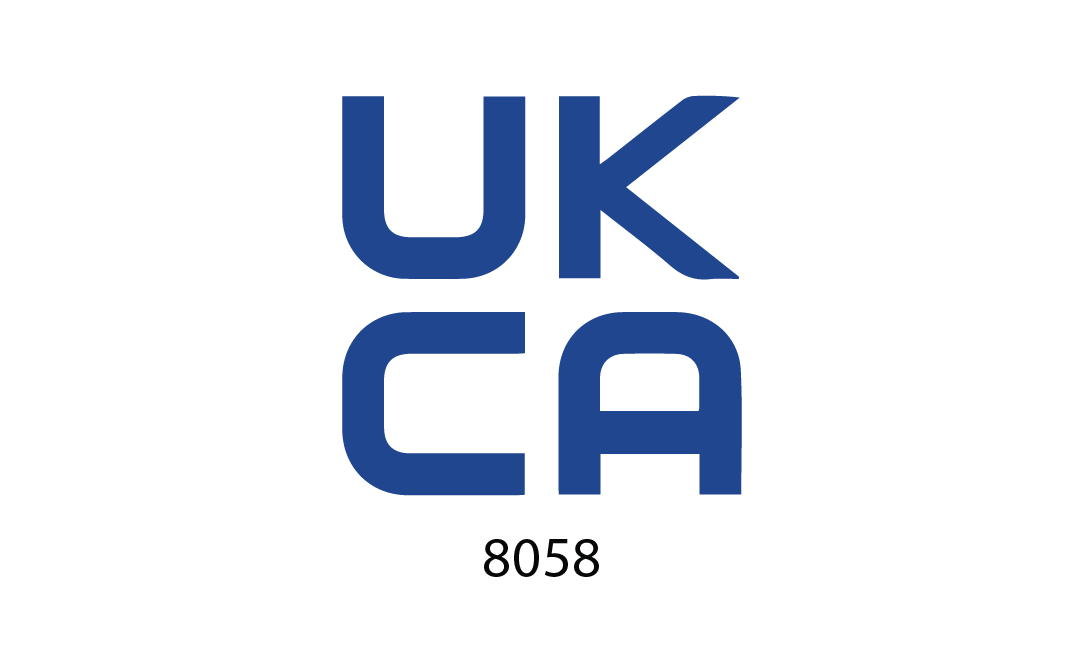
Inspection
The Lifts Regulations 2016
GCL INTL is a UKAS Accredited Inspection Body and Approved Body under ISO 17021 and ISO 17020 covering The Lifts Regulations.
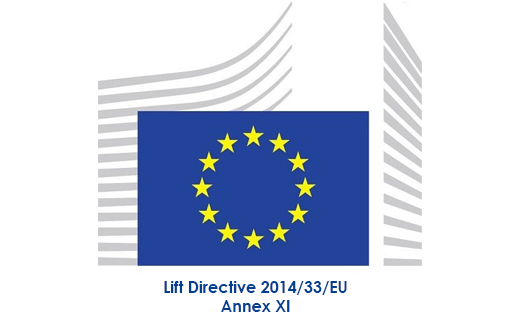
Inspection
Unit Verification Lift Regulations
If you have a requirement for Unit Verification under schedule 9 of the Lift Regulations 1997, then follow our simple on-line application below.
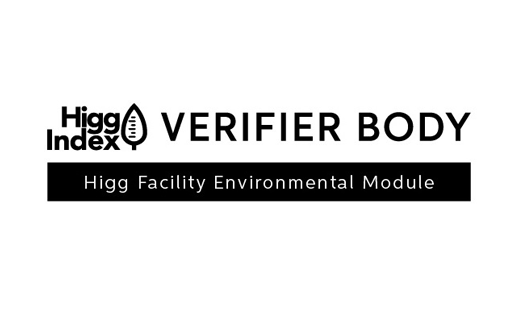
Verification
Higg Index
The Higg Index is an apparel and footwear industry self-assessment standard for assessing environmental and social sustainability throughout the supply chain.
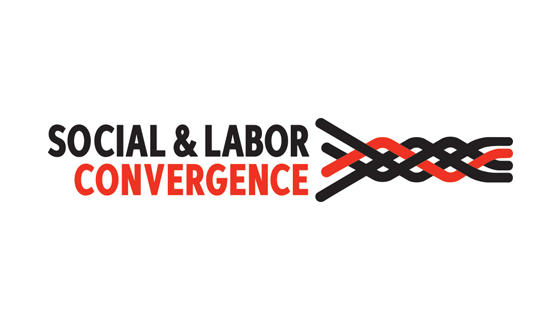
Verification
Social And Labor Convergence (SLCP)
SLCP – The Social and Labor Convergence Program aims to bring together unique perspectives to create an efficient, scalable and sustainable solution for social audits.
Contact Details
- Phone: +44 (0) 845 548 9001
- Email: [email protected]
- Mon to Fri: 9.00 AM to 5.00 PM